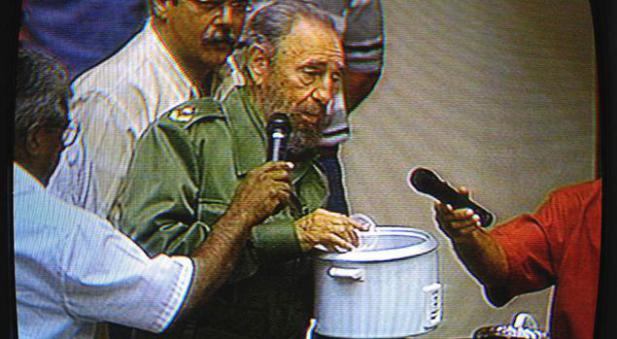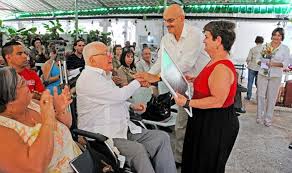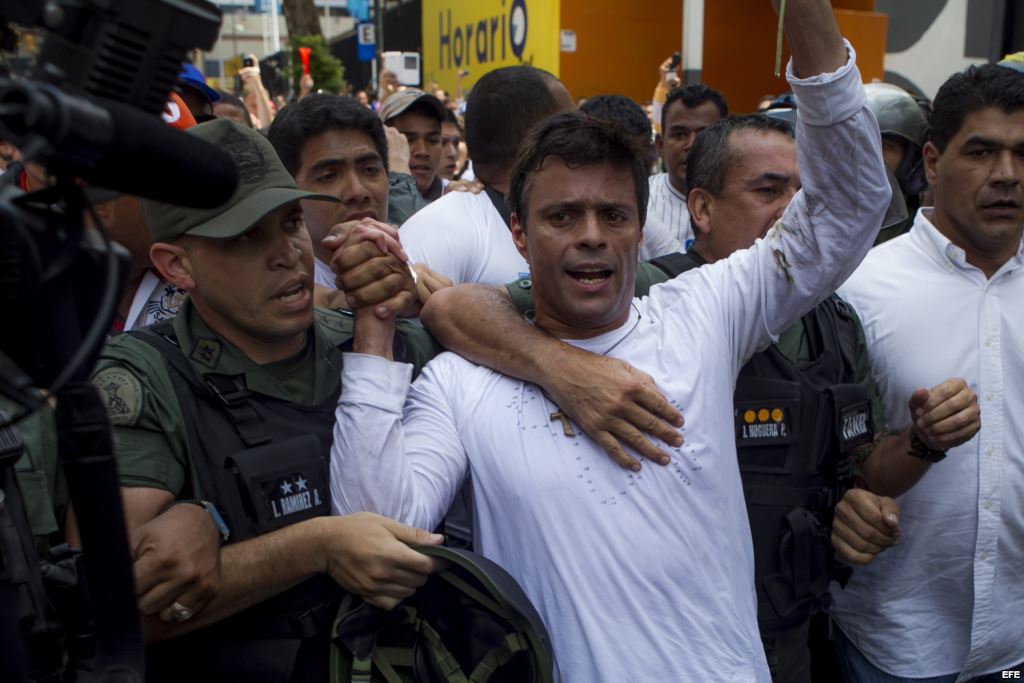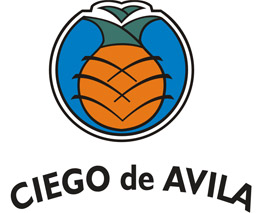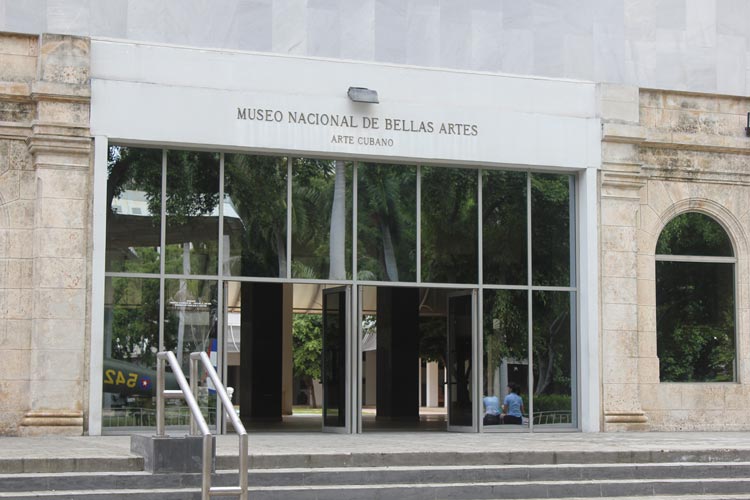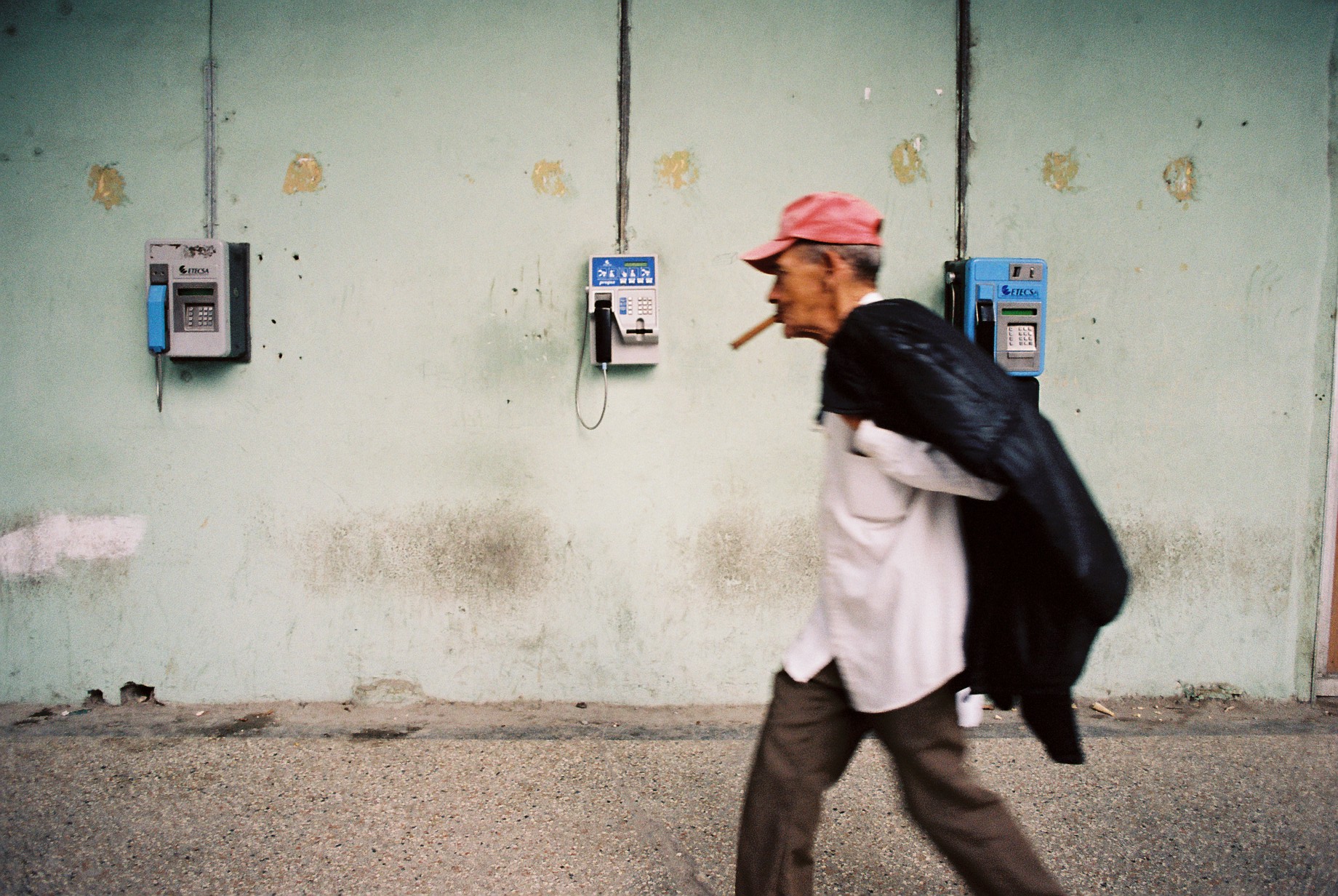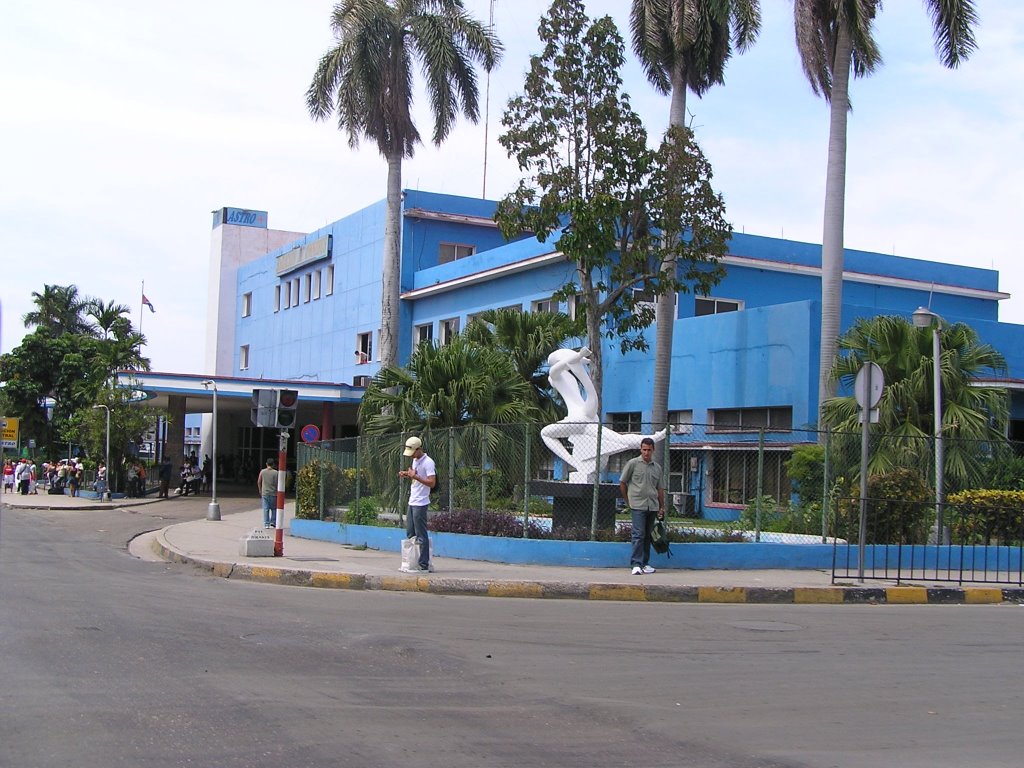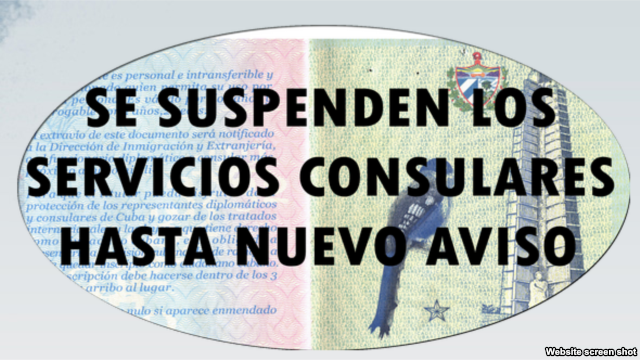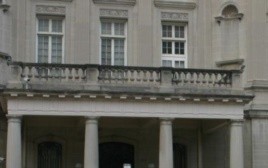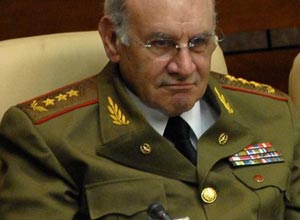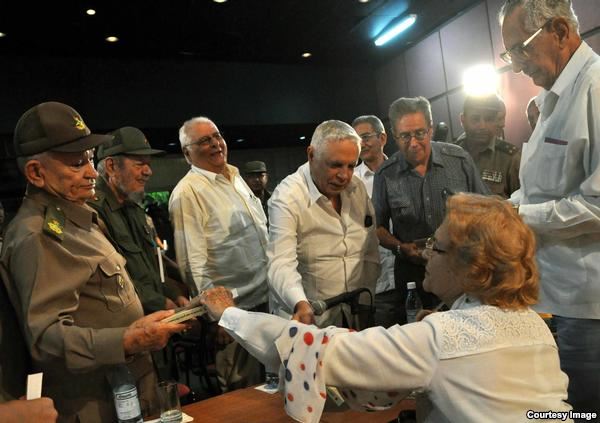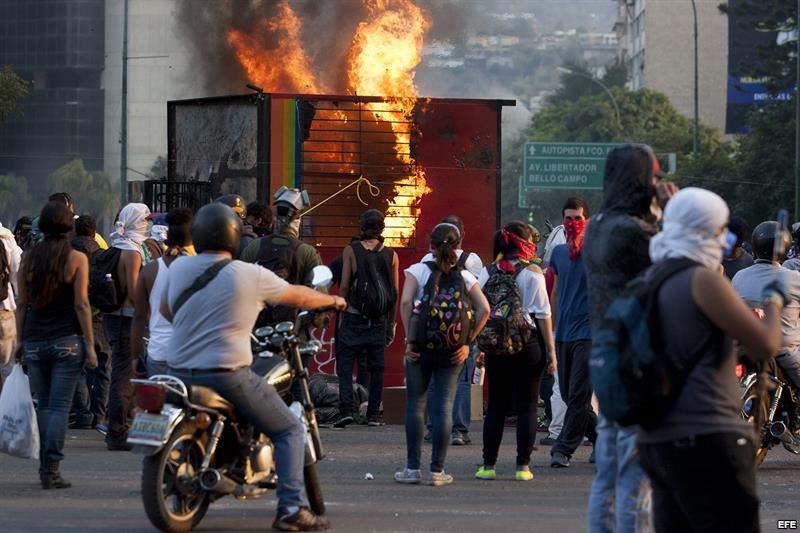 A year after his death, it would be unjust to deny that the ex-president Hugo Chávez had the ability to be a leader, and a most convincing negotiating weapon: oil.
A year after his death, it would be unjust to deny that the ex-president Hugo Chávez had the ability to be a leader, and a most convincing negotiating weapon: oil.
Supported by this, and with the Cuban government as co-conspirators, he was able to put together a kind of Latin American integration, which turned into a monolithic, geopolitical and economic bloc, whose principal role was, and continues to be, to assist him in the regional context.
The cost of all this expansion, was national division. Partition which he master-minded using his well-known ability to confront internal problems with arrogant creativity and the power to manage people.
After he died, Maduro’s big objective, as successor, was to reunify the nation; but it’s a difficult job, Venezuela has turned into an apparent democracy within one of the most unequal societies in America, with the added twist of having lost all sense of tolerance.
The time bomb exploded. The official forces repressed, and the young people were not afraid. Venezuela is splitting again, and expresses it in demonstrations, many against and a good many others in favour of Nicolás Maduro’s government.
The country’s situation is critical, and it is shameful to see how some social network pyromaniacs and followers and “likers”, making out to be heroic “patriots”, try to avoid dialogue and with total irresponsibility (from the comfort of their homes), with a coca-cola in hand, encourage confrontation, as if the followers of Twitter and Facebook were more important than the victims of the conflict.
I believe the prospects for the Venezuelans are predictable, and I can’t imagine that there will be–in the very short term–a national move back toward democracy. All the more so following the delayed and timid OEA (Organisation of American States) resolution adopted by a 29-3 vote, and not a consensus, because, as expected, the ALBA bloc countries and CARICOM had a majority and opposed the adoption of a stronger and more effective resolution.
Thanks to the sophistries of the then president Hugo Chávez, with the benefit of advice direct from Havana, the senior secretary general of the OEA, José Miguel Insulsa, without detracting from his demonstrated experience in affairs of state, lost part of his leadership within the organisation he presides over.
It has become evident that the OEA has structural problems, that it needs an overall review, has ceased to be an entity for valid dialogue for this hemisphere, and today is simply the governments of Caracas and Havana, which, without belonging to it (Cuba was suspended until 2009) and, like María Ramos’ kitty [a Cuban prostitute’s cat, which she blamed for the death of her pimp], have a majority of votes among the member states of this organisation.
Insulsa, as an additional post-diplomacy move, should ask, even if his request is rejected, to visit Venezuela to see personally on the spot what the situation is and in that way be able to avoid the different very biased versions of what happened put forward by one side or the other.
In this crucial moment, the important thing is not the cruelty of some, but the indifference of many. Politics is very serious, and we are all responsible, and cannot just leave it up to the politicians.
Translated by GH
11 March 2014
 The medics Dorayda Igarza Ayala and Walter Jesús Cotarelo Carbonell join the list of the deserters of the Cuban mission in Brazil.
The medics Dorayda Igarza Ayala and Walter Jesús Cotarelo Carbonell join the list of the deserters of the Cuban mission in Brazil.
